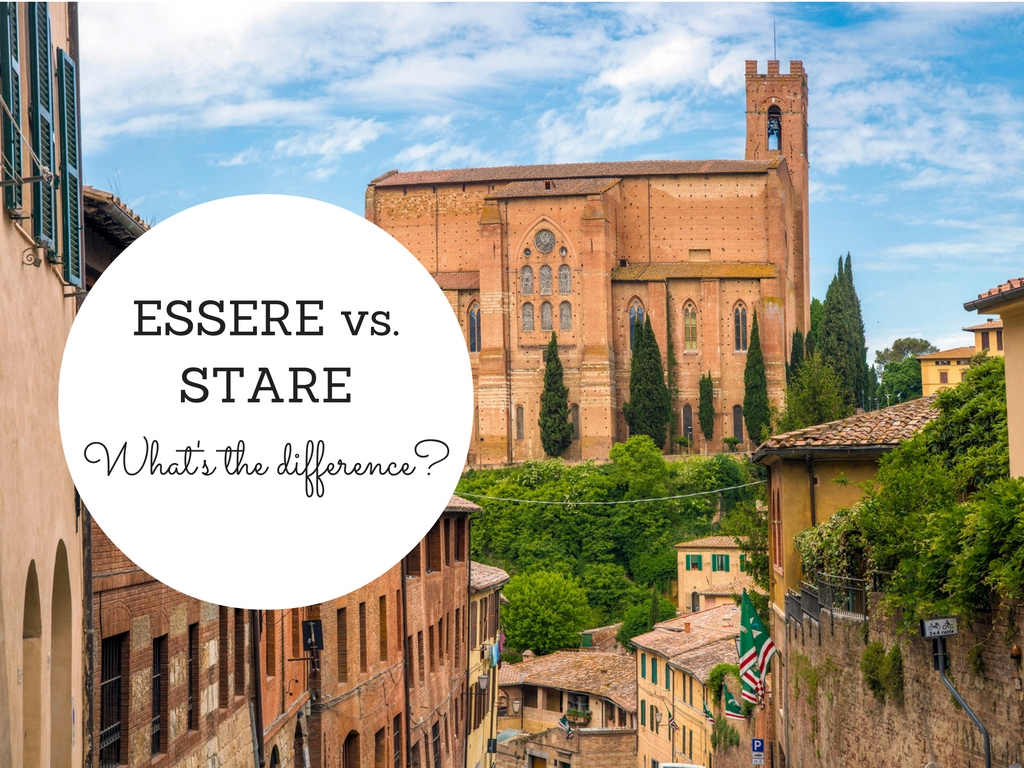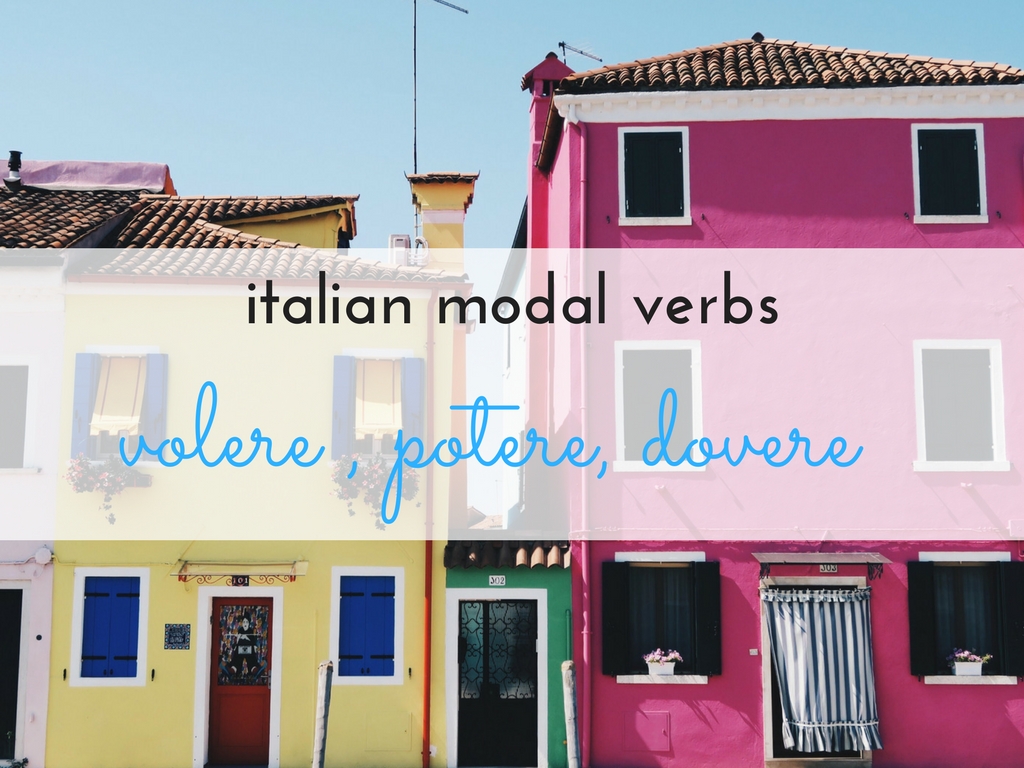Grammar
Italian Imperative. A Simple Guide.
The Imperative form in Italian is used to: Give...
Essere and Stare: The Difference.
In Italian, there are two verbs that have just...
Italian Present Tense
What's the present indicative tense in Italian?...
Italian Irregular Verbs
What's an irregular verb? One of the most common...
Conoscere and Sapere: The Difference Explained
What's the difference between "sapere" and...
Imperfetto: A Simple Guide
What's the Imperfetto? The imperfect (or...
How to say ‘should’ in Italian
"Should" is translated into Italian with the...
Far fare? Fammi vedere! – The Use of FARE with the INFINITIVE VERB
1. The "fare" causativo Are you struggling...
Ce l’ho: What does it mean?
Everybody agrees that the pronoun ci is,...
Italian Passive: A Simple Guide.
The passive form in Italian (or English) is used...
Italian Numbers: A Guide for Beginners
My English teacher at university was an Irish...
Italian Question Words: A Simple Guide
Question words are those used at the beginning...
Italian Simple and Articulated Prepositions: A Guide
What's a preposition in Italian? I like to...
What does “CI SI” mean in Italian?
If you have come across "ci si" in Italian and...
Italian Subjunctive: A Guide to the Use of The Present Subjunctive
Mastering The Italian Present Subjunctive : A...
Imperfetto Congiuntivo: A Comprehensive Guide
This article is suitable for intermediate and...
Dare del Tu vs. Dare del Lei in Italian
The sentence "Dare del tu" in Italian refers to...
Italian Reflexive Verbs: A Simple Guide
What are reflexive verbs in Italian? Reflexive...
An Easy Guide to the Trapassato Prossimo in Italian
One of the past tenses you need to know,...
Italian Verb Conjugation: A Comprehensive Guide
If you've ever taken a formal Italian class, I'm...
Italian Passato Prossimo with ‘Essere’
Italian has many compound tenses (verbs which...
Italian Modal Verbs: A Simple Guide
What's the Difference Between the Italian Modal...
Italian Possessive Adjectives: A Simple Guide
What Are Possessive Adjectives in Italian? The...
9 Nonfiction Books to Improve Your Italian
This is my list of the non-fiction books I have...
Most common mistakes beginners make when speaking Italian
While coaching my students over the years, there...
How many Italian words starting with Q do you know?
How many Italian words starting with Q do you...


























